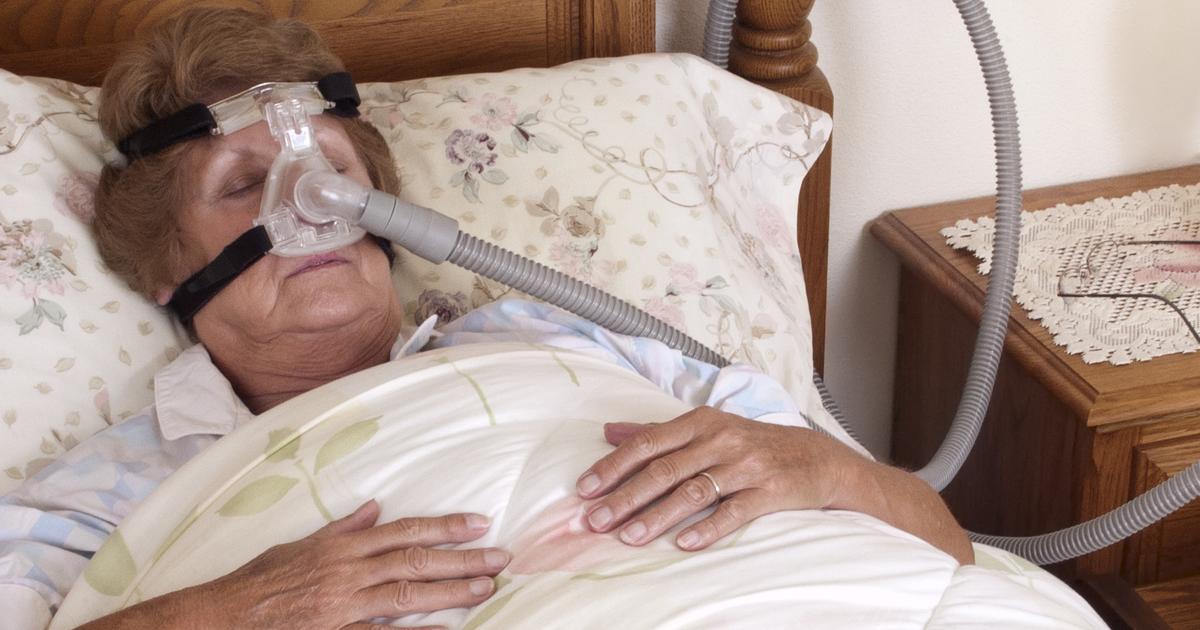Common Causes, Risk Factors, And Complications Of Nasal Polyps
Sensitivity To Anti-Inflammatory Medication
Patients with nasal polyps could also have a sensitivity to anti-inflammatory medication. In particular, doctors have identified acetylsalicylic acid as a major medication that causes this sensitivity in individuals with nasal polyps. For this reason, patients who know they have nasal polyps should always ask their specialist before taking any type of anti-inflammatory, including over-the-counter medications such as ibuprofen and naproxen. In addition, individuals who notice they have unusual symptoms after taking an anti-inflammatory may want to talk with their primary care doctor or an ear, nose, and throat specialist about having an examination to detect nasal polyps. If shortness of breath, facial swelling, or rapid heartbeat occur after taking medicine, patients should seek urgent medical treatment, as these may be signs of an allergic reaction.
Continue reading to reveal more on the different risk factors and complications of nasal polyps now.
Obstructive Sleep Apnea

Obstructive sleep apnea is a condition in which patients experience multiple pauses in their breathing during sleep. These pauses typically last at least ten seconds, and patients with this sleep disorder often notice daytime sleepiness, loud snoring, a dry mouth upon waking, morning headaches, and nighttime sweating. Individuals could also have elevated blood pressure, and depression and irritability are common. Asthma increases the risk of sleep apnea, and patients who have chronic nasal congestion, including that which is associated with nasal polyps, are also at an elevated risk of this form of apnea. In fact, obstructive sleep apnea is a potential complication of untreated nasal polyps.
To diagnose sleep apnea, physicians will perform sleep studies at a specialized facility, and they will also check the patient's mouth, throat, and nose for the presence of extra tissue, polyps, or other abnormalities. Treatment options for this condition include positive airway pressure machines, mouthpieces, and surgery to remove tissue or stimulate the upper airways. Lifestyle changes such as weight loss, reduced alcohol consumption, and changes in sleeping position might be recommended as well.
Discover additional complications of nasal polyps now.
